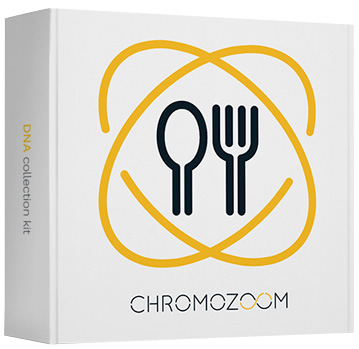Gluten intolerance
What is a gluten intolerance?Gluten intolerance, also called non-celiac gluten sensitivity, is a disorder where people do not tolerate gluten and experience celiac disease like symptoms after gluten intake. A gluten sensitivity, however, is not the same as celiac disease.
What is the difference of celiac disease and non-celiac gluten sensitivity?
Celiac disease is an autoimmune disease. It manifests itself as a chronic disease of the small intestine, in which gluten remains intolerable for life. The intake of gluten always triggers an immune-mediated inflammation in those affected, which leads to villi regression.
Non-celiac gluten sensitivity shares almost identical symptoms as celiac disease, however it does not cause the same intestinal damage and permeability. Patients suffering from non-celiac gluten sensitivity basically do not tolerate gluten but lack the same antibodies that are found in celiac patients.
What are symptoms of celiac disease and non-celiac gluten sensitivity?
Symptoms of both pathologies are very similar and include gastrointestinal symptoms such as cramping, constipation, diarrhea, fatigue, loss of apetite, malabsorption and general discomfort.
How can I prevent a gluten sensitivty?
Unfortunately, it is not possible to prevent a sensitivity to gluten.
How to manage a gluten sensitivity
Gluten sensitivity is well managable with a gluten-free diet. However, a gluten-free diet is not necessary until an explicit diagnosis of gluten sensitivity (or celiac disease).
What can I eat on a gluten-free diet?
Gluten is present in many different foods and meals, which makes it not easy to follow a gluten-free diet. Basically, you have to avoid any food/meal containing wheat,rye, barley and malt. This means avoiding consumption of bread, pasta, cereals, baked goods, sauces, beer and couscous. What you can eat on the other hand is quinoa, buckwheat, tapioca, amaranth and of course non-starchy food such as meat, fish, eggs, dairy, fruit and vegetables. However, be aware of processed food which often contains gluten as an additive for technological reasons.
